Excerpt: The Seat of the Soul
Competition for external power lies at the heart of all violence. The secondary gain behind ideological conflicts, such as capitalism versus communism, and religious conflicts, such as Irish Catholic versus Irish Protestant, and geographical conflicts, such as Jew versus Arab, and familial and marital conflicts, is external power.
The perception of power as external splinters the psyche, whether it is the psyche of the individual, the community, the nation, or the world. There is no difference between acute schizophrenia and a world at war. There is no difference between the agony of a splintered soul and the agony of a splintered nation. When a husband and a wife compete for power, they engage the same dynamic that humans of one race do when they fear humans of another race.
From these dynamics, we have formed our present understanding of evolution as a process of ever-increasing ability to dominate the environment and each other. This definition reflects the limitations of perceiving the physical world with only five senses. It reflects the competition for external power that is generated by fear.
After millennia of brutality to one another, individual to individual and group to group, it is now clear that the insecurity which underlies the perception of power as external cannot be healed by the accumulation of external power. It is evident for all to see, not only with each newscast and evening paper, but also through each of our countless sufferings as individuals and as a species, that the perception of power as external brings only pain, violence, and destruction. This is how we have evolved until now, and this is what we are leaving behind.











